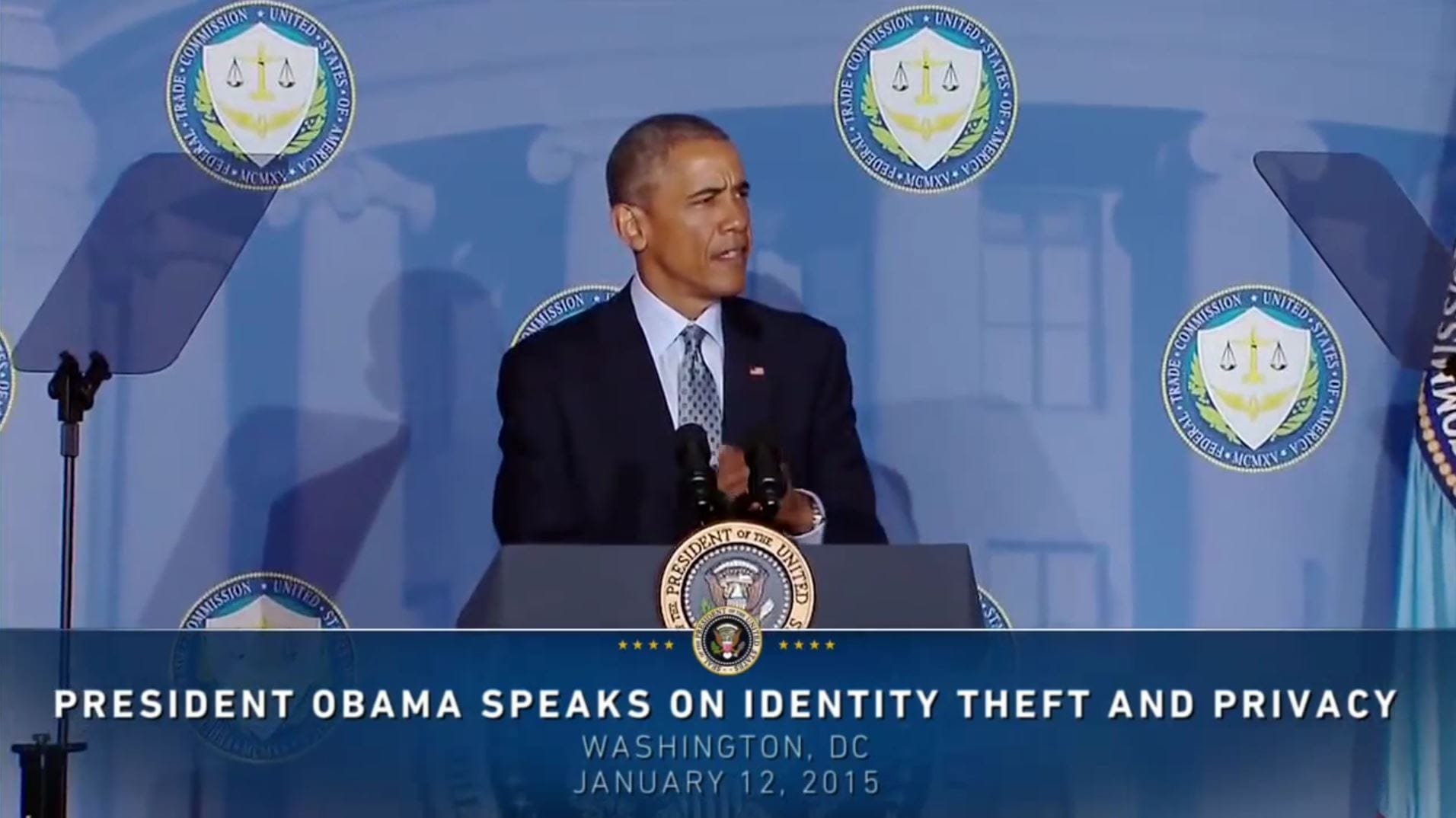Student Data Privacy has become such an important topic that even the President is talking about it. Earlier this week, President Barack Obama outlined his privacy and security agenda at the FTC in advance to his State of the Union Address. Why is this important for students and parents? Because, the Administration is taking notice. The President called for companies to make a firm commitment to use student data only for educational purposes and sign on to the Student Data Privacy Pledge. Probably the most noteworthy line from the speech was “And if you don’t join this effort, then we intend to make sure that those schools and those parents know you haven’t joined this effort.” And as my 5th grade student friends said “if they promise to do something and they don’t we don’t have to use their products” Well, now if they don’t sign the Student Privacy Pledge or break their promises the President will know too. The President AND 5th graders looking at you? Hmmmm….
Collecting student data is not new. Schools have been gathering student information, including test scores, attendance and behavior records for years. Most of the collection and storing of this information was done on paper in a school’s file cabinet. Enter technology and everything changes. Ed-tech is able to help with administrative purposes for storing student information digitally – yes, in the cloud. But schools are increasingly using technology to help with instruction. Ed-tech is transforming how children learn. We want students recognized as owners of their data, so they’re empowered to make decisions about their education. As we work to protect student privacy, we must ask ourselves whose privacy are we protecting and what learners are being left vulnerable. Because unless we address these questions, we limit the conversation to what data points should and should not be collected instead of how can we turn data into valuable information. This technology has the potential to assist students with learning disabilities, encourage English Language Learners and tackle issues of discrimination in schools, but only if employed with safeguards.
For while collecting student data may enhance how our students learn, this doesn’t mean we should collect unlimited amounts of data points and mine student’s information. The collection and retention of data must have a purpose and we need to be assured the data collected about our children will not be used against them in the future. How long should data be retained? What data points are important to collect?
It’s not an everyday happening when the President endorses something that you are so close to. So I am more than a little excited about the possibilities this brings. It pushes student privacy to the forefront and will allow us to discuss this issue and work towards effecting change in the way we view privacy, data ownership and technology.
The Student Data Privacy Pledge continues to operate on a rolling admission basis, and contrary to highly competitive educational institutions, we welcome anyone that wants to sign on if their privacy policies are in accordance with the Pledge requirements. The President recommends it, what better endorsement is there???


